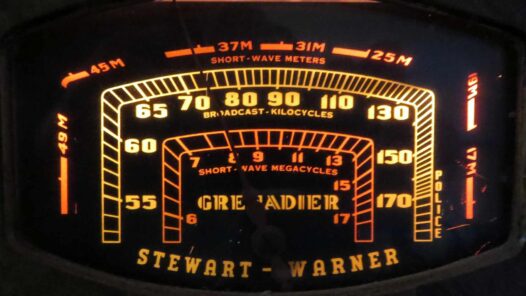Mark in Bismarck, North Dakota, spent years as a sailor, and wonders about the term sea painter, meaning “a rope attached to a lifeboat.” Why painter? The word may derive from Middle French pendeur meaning “a kind of rope that...
A resident of Michigan’s scenic Beaver Island shares the term, boodling, which the locals use to denote the social activity of leisurely wandering the island, often with cold fermented beverages. There have been various proposed etymologies...
The word larruping and its many variant spellings is often used to describe delicious food. The verb larrup means to “beat” or “strike,” and larruping (often spelled with the G dropped: larrupin’) is used as an intensifier...
So many books and so little time—it’s a challenge to choose what to read next! It helps to remember that so-called “reading mortality” is a fact of life—you’ll never get to them all, but you can curate your own to-read list...
While reading Great Expectations (Bookshop|Amazon) by Charles Dickens, a listener in Arlington, Texas, is surprised when one of the characters inherits some money, which Dickens describes as a cool four thousand. Were they really using cool that way...
The English word rhinestone is a loan translation of French caillou du Rhin, or literally “Rhine pebble,” because these sparkly fake gems were first cut from rock crystal found in the Rhine River. This is part of a complete episode.







